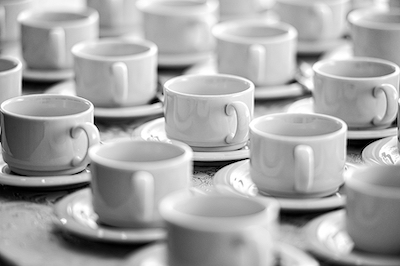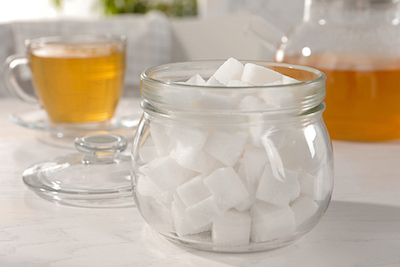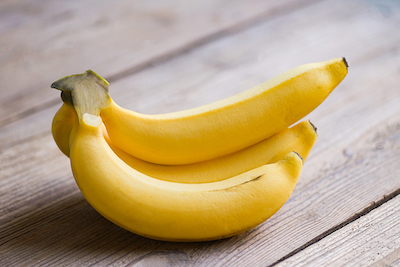Coffee and tea are two of the most popular beverages consumed around the world. Both have a long history, rich cultural significance, and an enthusiastic fan base. But which one is better? In this article, we will explore the differences between coffee and tea, their health benefits, and potential drawbacks, to help you decide which drink suits your preferences and lifestyle.
Origins and Cultural Significance
Coffee’s origins can be traced back to Ethiopia, where legend has it that a shepherd discovered the energizing effects of coffee beans after observing his goats become more active after consuming the berries. The drink quickly spread throughout the Arabian Peninsula and eventually to Europe, transforming it into a staple in social gatherings and spurring the opening of coffeehouses.
Tea, on the other hand, has been consumed in China for thousands of years, with the first recorded mention dating back to the 10th century BC. It was initially used for medicinal purposes, but its popularity as a recreational beverage surged during the Tang Dynasty (618-907 AD). Like coffee, tea also made its way to Europe, where it became an essential part of the British culture.
Taste and Preparation
Taste is a significant factor when deciding between coffee and tea, and each beverage offers a unique flavor profile. Coffee is usually described as having a bold, robust, and slightly bitter taste, while tea can vary from sweet and floral to astringent and earthy, depending on the type and processing method.
Preparation methods for both drinks can be simple or elaborate. Coffee can be brewed using a drip coffee maker, a French press, an espresso machine, or even cold brew methods. Tea, too, can be steeped in various ways, such as using a teapot, an infuser, or a gaiwan (a traditional Chinese lidded bowl). Each brewing method can impact the flavor and strength of the resulting beverage.
Caffeine Content
For many, the choice between coffee and tea comes down to their caffeine content. On average, an 8-ounce cup of coffee contains 95 milligrams of caffeine, while an 8-ounce cup of tea has approximately 26 milligrams. However, these numbers can vary based on factors such as the type of coffee or tea, brewing method, and serving size.
For those seeking a caffeine boost, coffee is typically the go-to choice. Tea, however, can offer a gentler pick-me-up, which some people find preferable. It’s important to consider individual sensitivity to caffeine when deciding between these two beverages, as excessive caffeine consumption can lead to insomnia, anxiety, and other side effects.
Health Benefits
Both coffee and tea offer several health benefits, largely due to their antioxidant content. Antioxidants help protect our bodies from damage caused by free radicals, which can contribute to chronic diseases and aging.
Coffee is rich in antioxidants, such as chlorogenic acid, which has been linked to reduced inflammation and improved heart health. Additionally, research suggests that moderate coffee consumption may reduce the risk of type 2 diabetes, Parkinson’s disease, and Alzheimer’s disease.
Tea, particularly green tea, is known for its high concentration of antioxidants called catechins, which have been shown to have anti-inflammatory and anti-cancer properties. Tea consumption has been associated with a reduced risk of cardiovascular disease, improved weight management, and better oral health.
Potential Drawbacks
While both coffee and tea have numerous health benefits, they also come with potential drawbacks. Excessive coffee consumption can lead to increased heart rate, elevated blood pressure, and digestive issues. Additionally, coffee can cause teeth staining due to its high acidity and dark pigments.
Tea, especially when consumed in large quantities, can interfere with iron absorption, potentially leading to anemia in individuals with low iron stores. Like coffee, some types of tea, such as black and green tea, can also cause teeth staining over time. Furthermore, some individuals may experience digestive discomfort from certain teas, particularly those containing high levels of tannins, which can cause nausea or constipation.
Sustainability and Ethical Considerations
The environmental and social impact of coffee and tea production should also be considered when choosing between these two beverages. Coffee cultivation can contribute to deforestation and habitat destruction, particularly in regions where shade-grown coffee has been replaced with sun-tolerant varieties. Coffee production has also been linked to exploitative labor practices and low wages for farmers in some countries.
Tea production faces similar challenges, with issues such as deforestation, water pollution from pesticides, and exploitation of workers in certain regions. To minimize the negative impact of your beverage choices, consider purchasing fair-trade, organic, or sustainably-produced coffee and tea, and support companies that prioritize ethical and environmentally-friendly practices.
Finding Your Preference
Ultimately, the decision between coffee and tea is a matter of personal preference. To find your ideal beverage, consider your taste preferences, caffeine tolerance, and health goals. You may even choose to enjoy both drinks in moderation, benefiting from the unique flavors and health benefits each has to offer.
For coffee lovers seeking a bold and energizing drink, try experimenting with different brewing methods and coffee bean origins to find the perfect cup. If you prefer a milder, more soothing beverage, explore the wide range of tea varieties available, from delicate white teas to robust, full-bodied black teas.
Coffee and tea are both widely-loved beverages with rich histories, distinctive flavors, and a variety of health benefits. While coffee is often favored for its higher caffeine content and bold taste, tea offers a more subtle and diverse flavor profile, along with a gentler caffeine boost. Both drinks come with potential drawbacks and ethical considerations, but by making informed choices and supporting sustainable practices, you can enjoy your favorite beverage guilt-free.
Whether you’re a devoted coffee enthusiast, a tea connoisseur, or somewhere in between, there’s no definitive answer to the great coffee versus tea debate. What truly matters is finding the beverage that best suits your taste buds, lifestyle, and individual needs. So why not take a moment to savor the unique qualities of both drinks and appreciate the rich cultural traditions that have brought these beloved beverages to our cups today?














